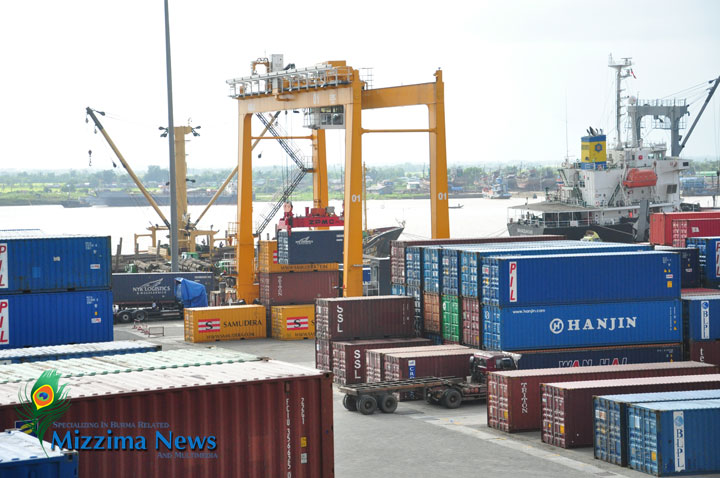Myanmar economist Dr. Aung Tun Thet says that the country’s business leaders should be ready to “grab every opportunity” that comes available once the European Union (EU) lifts economic sanctions.

The EU eased restrictions on April 23, 2012, and agreed to a one-year suspension of measures targeting almost 500 individuals and more than 800 firms in Myanmar.
European ministers are due to sit again on Monday, but documents seen by Reuters indicate that sanctions will be fully lifted with the sole exception of an arms embargo.
A European diplomat who spoke to AFP is reported saying that Monday’s meeting in Luxembourg would contain a “very positive message to Myanmar” and the “hope for a new relationship”.
But it is in the business sector that all eyes will be focused once the trade and commerce barriers are lifted, not only for Europeans eager to invest in the resource-rich state, but for Myanmar businesses looking to import technology and machinery. The EU has also offered to reinstate a preferential tariffs deal with Myanmar.
Sai Ba Nyan, a beans and sesame trader in Yangon, told Mizzima that he will be able to get a higher price for his products if the proposed easing of taxes for Myanmar companies is realized.
“We will no longer need to trade through a third country if the EU lifts the sanctions,” he said. “Direct export of Myanmar products will benefit many traders, especially in the agricultural sector.”
In recent years, many Myanmar exporters used Singapore as a third country from which to sell their products to Europe.
Hnin Oo, the vice-president of the Myanmar Fisheries Federation, said that the Myanmar government must put in place more backups for domestic exports in order to maximize growth.
“We do not have enough water or electricity,” he said. “We need improved infrastructure and things such as modern machinery.”
EU countries will also have the chance to invest in Myanmar, a country rich in oil and gas, minerals, gems and timber. China, India and Japan have already staked claims in the country’s infrastructure and new economic zones and deep-sea ports.
EU development aid more than doubled to around 150 million Euros for 2012-13, with Brussels pledging to explore the feasibility of a bilateral investment agreement.


